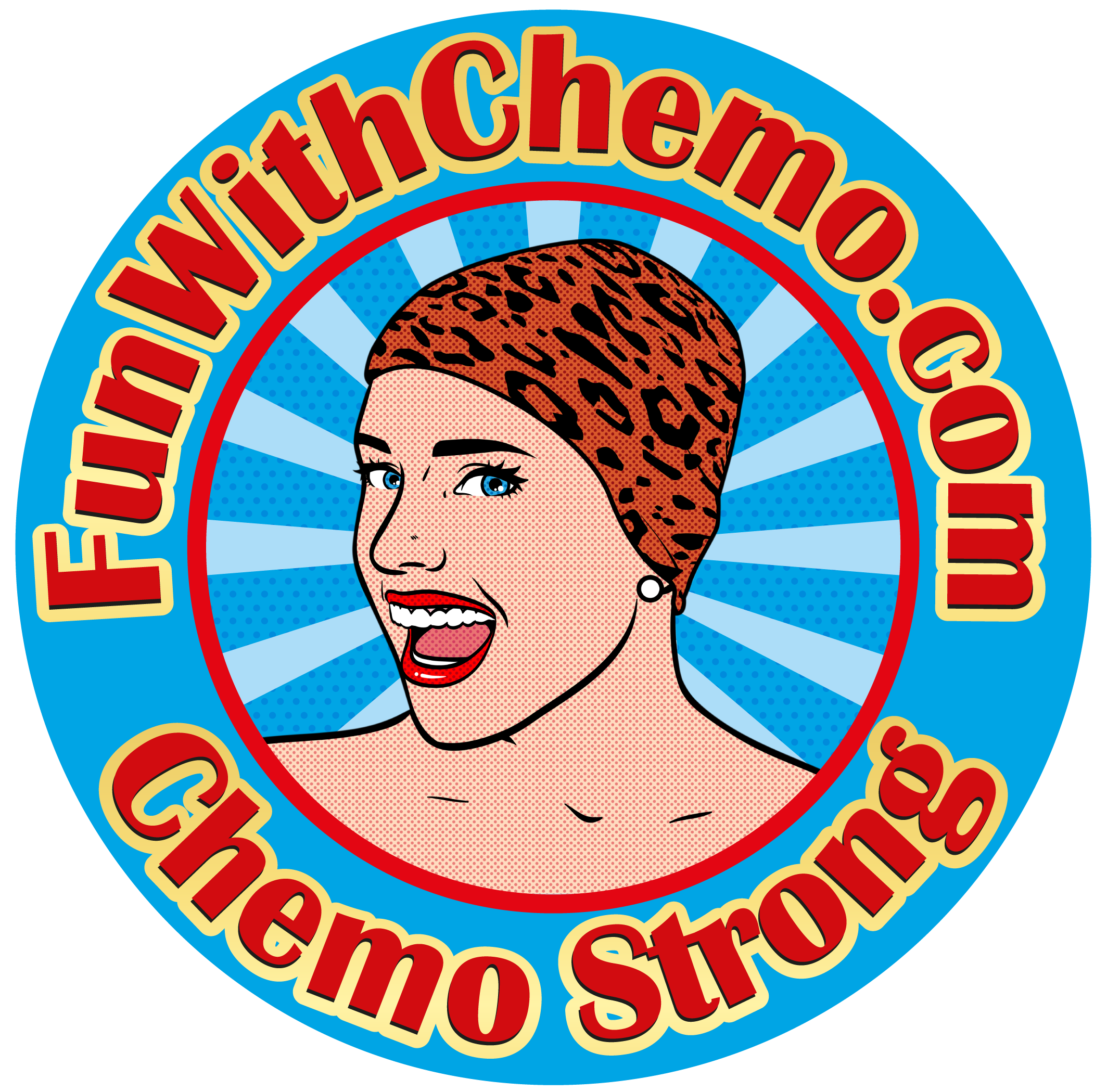“Oh, I know someone who died from that!”
As someone who has battled 4 different cancers on three separate occasions, I have heard the good, the bad, and the ugly from folks who all meant well. For every kind comment made to someone battling cancer, there is one that has the opposite effect.
While talking to someone with cancer it is important that you get across that you are there for them (if indeed you plan to be there for them).
- It is generally not helpful to say, “Let me know what I can do to help.” You are placing the work of thinking up something to ask of you on the cancer patient who does not know how much effort you intend to put in to assist them. It forces the cancer patient to go to work to make a project for you that is commiserate with your intentions to help. It is much better to say, “I make a mean casserole, why don’t I bring one over next Wednesday?” or “I walk my dog in the same neighborhood, I will be glad to stop by daily and take your dog for a walk with mine.” Or, “Can I take you to Chemo, radiation, or a Doctor’s appointment? Or, ” You probably do not feel like cleaning. Can I come over and give your house a good cleaning or can I send over a service to keep your house in order?”
- Never try to give advice like, “I heard about this holistic approach that would save you from chemotherapy.” The cancer patient has a team of medical staff on his or her side giving advice and planning treatment. Your advice about the newest diet may interfere with their current treatment plan. Advice like this comes from all sorts of folks, many of whom have never had to fight cancer. If they are already going with a natural routine, do not suggest they go with chemo and radiation. Unless you are a world-class Oncologist, your opinion is not helpful and can harm the cancer patient. “It’s usually not wise to offer advice or challenge their medical decisions. If they are getting chemo, don’t tell them how dangerous it is and that they should be trying natural treatments or that you have a doctor they could go to that could help. Similarly, if they are going the natural route, don’t advise them to get chemo and radiation,” says therapist Rabbi Shlomo Slatkin, MS, LCPC
- “Didn’t you used to smoke?” or “I bet you wish you’d lost those extra pounds now?” Statements like that are the same as blaming a cancer patients’ cancer on them. These sorts of ideas may be something the patient is struggling with on their own but there is no reason to point them out. It is not helpful and can actually be hurtful. Sometimes cancer just happens to the healthiest folks who never smoked, who exercise regularly and eat well. It is hurtful to blame a cancer patient’s cancer on their own lifestyle choices.
- “Lots of people are surviving that kind of cancer.” Feeling that your friend or acquaintance may have a better chance of survival than they would have years ago does not mean that is something you should share because it may not be true for the patient and can belittle the feelings they may have about their diagnosis and treatment.
- “You have lost so much weight” That weight loss may be due to the difficult treatment the patient is going through. While they may have had a few pounds to lose, the diagnosis and treatment for cancer is not a “diet” anyone would choose to go through.
- “You are so strong.” Or “You are so brave” Those were always pet peeves of mine. I always wanted to say, “What I am is practical. Get cancer – get treatment. There is nothing brave about it. Sometimes I am so scared I can hardly stand it. Don’t make me be brave on top of everything I am going through right now!” I always wanted to say something like that but tried to give the speaker the benefit of the doubt and assume they were trying to be kind. There was always that nagging resentment about being forced to be brave or strong.
- “Are you worried about the changes to your body?” They may be very worried about the scars, loss of body parts, side effects, and a variety of changes that cancer can bring about. You do not need to remind them about those issues. They have probably already thought about those without you reminding them. Some side effects of chemo, radiation, and surgery can be long-lasting if not life-changing. If your friend or loved one with cancer chooses to bring those up then you may feel comfortable but bringing these issues up may be a cause for added worry – something cancer patients have no need of additional issues to worry about.
- “I know exactly how you feel.” Even though you may want to commiserate, each cancer diagnosis and treatment are very different from what another went through. The cancer patient may want to say, “You have no idea what I am going through” but feels reluctant to speak up as they do not want to hurt your feelings. It is the cancer patient whose feelings are important at this difficult time in their lives. Commiserating with someone who’s ill may seem like a good idea, but in the long run, it can severely diminish the sick person’s feeling and experience. Even if you’ve had the same kind of cancer and have received the same treatment, no two experiences with the disease are the same.
- “My aunt died from that.” I have heard those exact words or something in the same vein from a number of folks. You may expect to hear a cancer patient say something like, “I only want to focus on the positive so let’s change the subject” but only if they feel strong enough to say something like that. I always found it shocking to hear folks talk about people they know who died from cancer. The cancer patient is trying their best to be as positive and focused as possible and your tales of who you know who died only brings the fear they fight against to the forefront.
- “Everything happens for a reason.” While you may truly believe that everything happens for a reason, but telling that to a cancer patient lacks compassion, to say the least. Implying such suggests that there’s some lesson to be learned from getting sick, when, in many cases, that’s simply not the truth. As hard as it might be to accept that not everything is going to be okay, it’s important to try not to rationalize the illness: “Be willing to sit in those feelings with them—you do not have to fix them!” says therapist Erika Miley, M.Ed, LMHC. “Just be there with them.”
- “This has really made me think about my own mortality.” Finding out your friend or a family member has been diagnosed with cancer can certainly have you starting to think about your own mortality, and even prompt a desire to start checking off a few of those bucket list items. That said, when you express these thoughts to someone who’s sick, it’s a clear sign that you’re making their struggle about your own feelings when the focus should remain on them.
- “We’re in this together.” It’s undeniably nice to feel like someone has your back when you’re going through a major medical issue. However, telling a loved one that you’re in it together feels disingenuous, at best—after all, they’re the one getting treatment, dealing with the pain of their illness, and, in many cases, the only one experiencing the very real fear that comes along with wondering what the rest of their life might look like.
- “Getting cancer is my biggest fear.” The thought of getting cancer may be a horrifying prospect to you, but that doesn’t mean it’s you should share those feelings with someone who’s going through it. After all, does, “Your life is my biggest fear” sound supportive to you? Usually fear is where insensitive responses come from. It’s okay to be afraid, but here’s the thing: it is your job to calm your body and take control of that fear.





